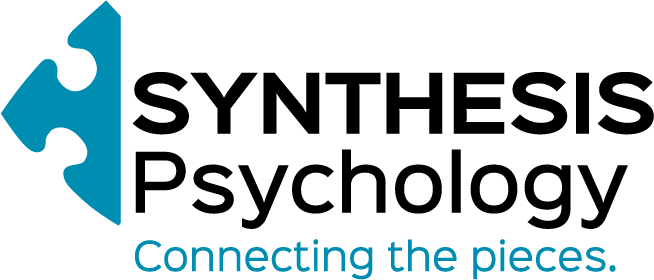Find the service that’s right for you
Personal Counselling
Our Registered Psychologists have expertise in a wide variety of counselling approaches that help us to address individual needs.
Workshops and Webinars
Our innovative, comprehensive, and customized workshops can help support you and your team’s well-being.
Career Counselling and Coaching
Designed to help you establish a fulfilling career direction, develop or transition your career, and make strategic career-related decisions.
